 The trial of Yoel Zev ben Mirel Risa Chava Goldstein, the third Chassidishe youngster imprisoned in Japan, is currently in session. Askonim are being cautiously optimistic. On the first day of questioning, Rav Levy, Mashgiach of Satmar Yeshiva in Bnei Brak, took the stand. He testified about the excellent character of the boys, and how they were considered among the top students in the Yeshiva. He also noted that the boys asked permission from the hanhallah before they traveled. Permission was granted, as everyone was under the impression that the boys were to be transporting Judaica antiques.
The trial of Yoel Zev ben Mirel Risa Chava Goldstein, the third Chassidishe youngster imprisoned in Japan, is currently in session. Askonim are being cautiously optimistic. On the first day of questioning, Rav Levy, Mashgiach of Satmar Yeshiva in Bnei Brak, took the stand. He testified about the excellent character of the boys, and how they were considered among the top students in the Yeshiva. He also noted that the boys asked permission from the hanhallah before they traveled. Permission was granted, as everyone was under the impression that the boys were to be transporting Judaica antiques.
Yoel Zev was brought to the witness stand shortly afterwards. He seemed quite confident and self assured. At one point in the trial, the prosecution began questioning him about his knowledge of the secular world. He was asked about sports, celebrities, and athletes. It was apparent that he had no clue about what any of these were.
The judge himself joined in the questioning, asking Yoel Zev if he had ever heard of the Olympics. Yoel Zev answered that he did indeed hear of it, and that he thought it was a type of car. With that answer, the entire courtroom, including the judge, burst into laughter. It became obvious that Yoel Zev and his friends indeed lived sheltered lives and had no knowledge of even the most basic worldly matters. Certainly, they were completely innocent of any knowledge of illegal drug trafficking.
For reasons unknown to the askonim who are involved in this case, a new judge was assigned to Yoel Zev’s trial just last week. The askonim are optimistic. The judge seems to be very interested in the facts and details of the case, and it is hoped that he will render a fair and honest judgement.
Meanwhile, klal yisroel is urged to continue davening on behalf of Yoel Zev. As today is the yahr-zeit of Rachel Imeinu, it is a day that is especially auspicious for our tefillos to be answered favorably. As this young man’s life literally hangs in the balance, it is incumbent on each of us to storm the Heavens on his behalf.
In regards to the sentences of the other Bochrim: The Japanese court sentenced Yosef Banda to 5 years imprisonment and a $40,000. He was transferred to Israel to complete his sentence in March of 2010. After calculating time served, he still has a bit over 13 months that will be completed in the Nitzan Prison in Israel.
Yakov Yosef ben Reizel was sentenced to 6 years with no drug charges, only for being negligent. His appeal trial is scheduled for November 1.
The tzibur is requested to continue including Yosef ben Ita Rivka, Yoel Zev ben Mirel Reesa Chava and Yaakov Yosef ben Raizel in tefillos.
IMPORTANT NOTE: CLICK HERE TO BE MEKAYEM PIDYON SHIVUYIM IN ASSISTING THE BOCHRIM STILL IN JAPAN PRISON!!
Have you checked out http://www.ywnradio.com/ yet?
(Yehuda Drudgestein – YWN)

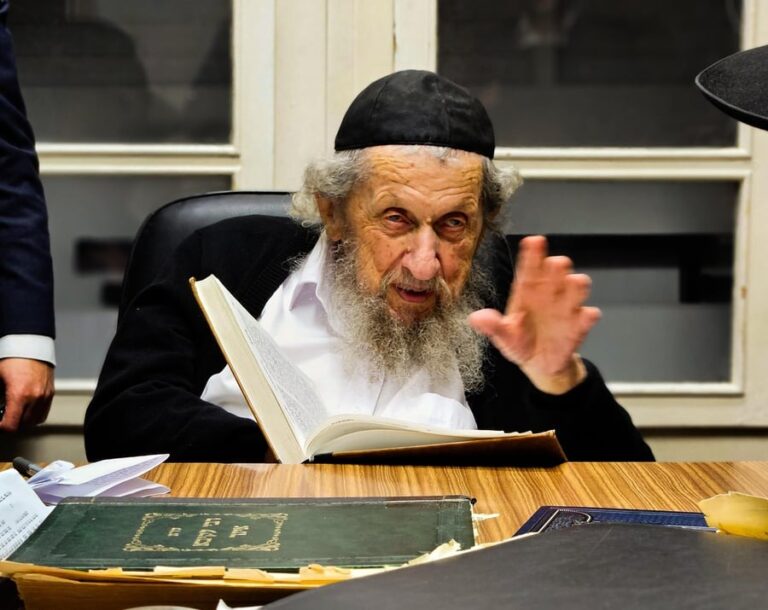
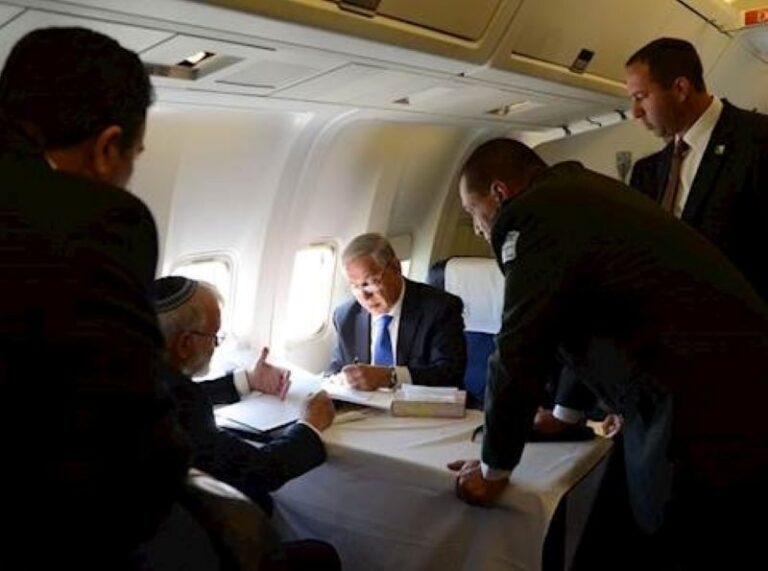
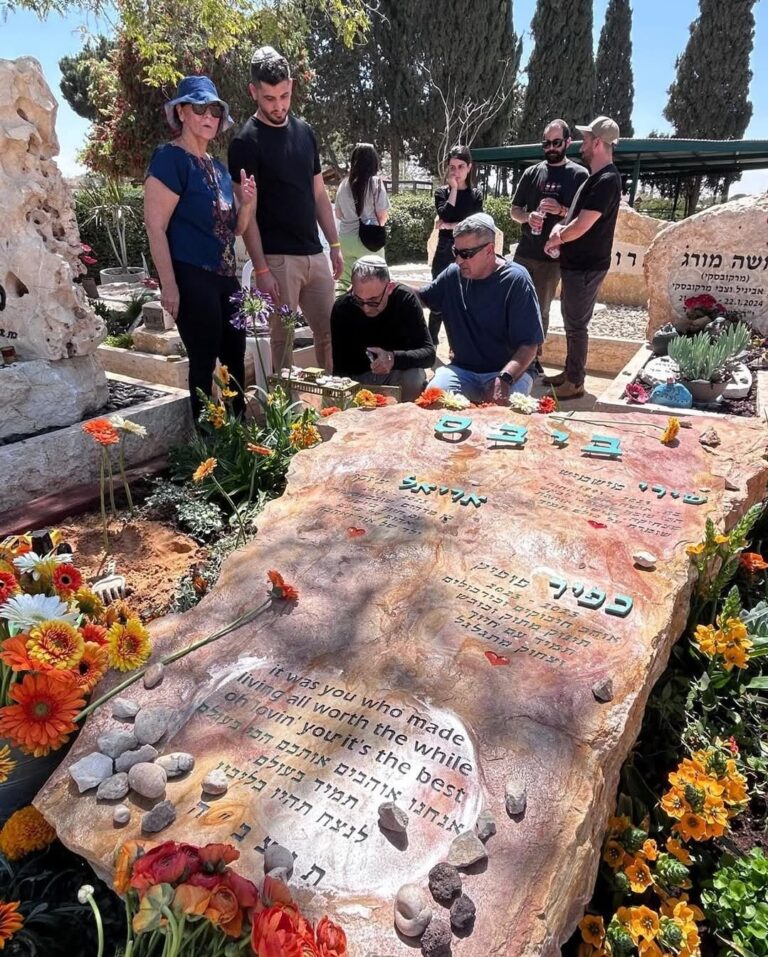

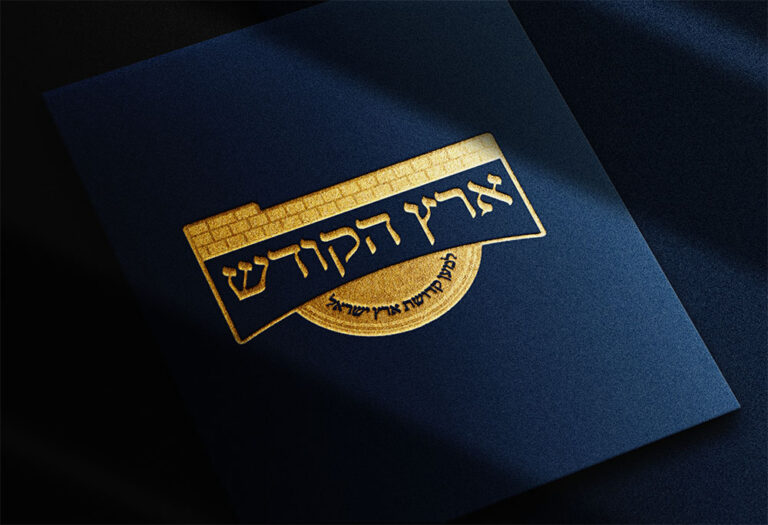
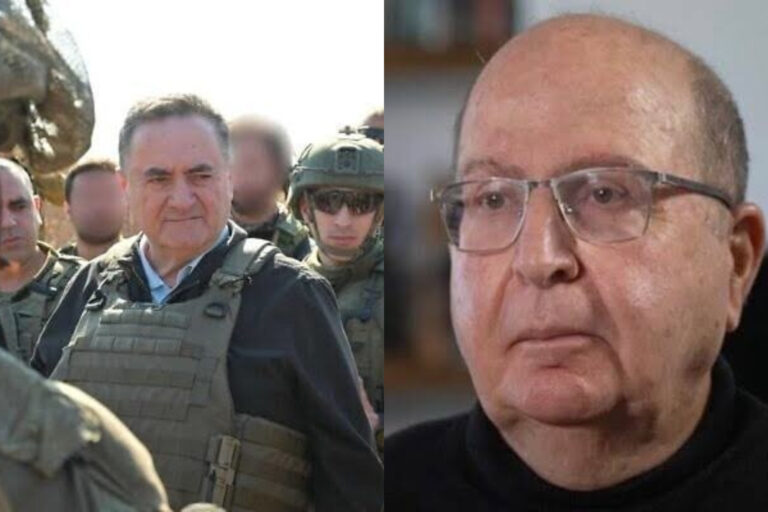




12 Responses
I thought that the issue at trial was not whether they knew that they were transporting drugs, but whether they knew that they were breaking the law by smuggling antiquities.
In other words, I thought that the prosecution’s case was that whether or not they knew that the suitcases had drugs, they certainly knew that they were smuggling SOMETHING.
Their naivite was in thinking that smuggling antiquities into Japan was like smuggling cigarettes or electronics onto EY, where the penalties are not so severe.
I had thought that they had even tried to coordinate their stories, in the event they got caught.
The reason they are in such big trouble is because they cannot deny that that they were willingly engaged in smuggling, whether or not they knew it was drugs.
Please correct me if I’m wrong.
We are all davening for Yeshuoos for this young man and his chaver in Japan. Gd willing when the trials are over and finally peace reigns, can we suggest that these young bochurim go and speak at other mosdos in Bnei Brak to let yeshiva students know the score.
Have we learned from this tragedy the importance of checking and rechecking, having suspicious concerns and finding out the rules and regulations for transporting Judaic Antiques????????
To Zionflag:
I thought that they knew the rules about smuggling antiquities and knew they were breaking them, but didn’t think that they’d get into such big trouble if caught and didn’t know it was really drugs.
I think people figured out already not to take things from someone you don’t know and trust. My hope is that when they get back they should be able to return to and cope with, normal life.
please provide information for the tehilim teleconference tonight, thanks
Because you posted, I donated.
I find it fascinating that people here are still talking about not “taking things from people you don’t know and trust.”
That might be an excellent policy in general, but what does it have to with the case of these bochurim?
They knew the person and trusted that they would be paid $5,000 to smuggle something for him. They thought it was antiquities, but it turned out it was drugs.
Perhaps the message should instead be “Don’t smuggle things and think you won’t get caught.”
Again, please correct me if I’m wrong
to #5 —
the tehillim teleconference is at 9:00 PM
call 718-258-2008, choose option 9 and then selection 9
guest speaker is Rabbi Ephraim Eliyohu Shapiro
or call 732-905-9909, ext 132 for more info
#s 4 & 7
the problem is that Bochurim are STILL taking things for other people weather they know them or not…
I’m learnong in eretz yisroel for a while & have noticed that there are bochurim that would trust just about anybody with yarmulka on they’re head…
Mr Shlomo 2 comments #1,3 and 7, you keep stating to correct you if you’re wrong. Well, you’re very wrong. Learn basic Halachos of being Dan-L’kaf Zchus, and maybe you’ll stop sounding like a self hating Jew.
Shlomo 2, actually your facts are completely incorrect. These boys were told (by this “family friend”) that in fact it was completely legal, and all the proper taxes, etc. would be taken care of. The hidden compartments were supposedly a protection against theft. In fact a part of the defense of these boys was that they did not appear to make any effort to hide themselves i.e. they entered together, etc., and were not acting guiltily in any way. In addition they passed lie detector tests which included questions relating to the fact that they did not conceive that someone would take advantage of another yid in such a way. Their defense is basically that they are extremely naive and trusting. This may be a problem, and perhaps there is room to discuss the ways in which people can be educated without being overly exposed, in order to prevent future such incidents, but that is irrelevant retroactively. All of this information is easily available if you do a simple google search (look for news articles, not blogs or opinions from equally uninformed individuals)
Any further news from the trial?